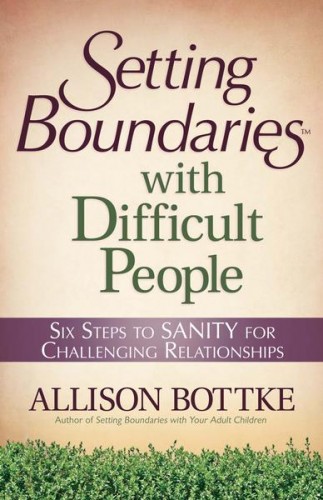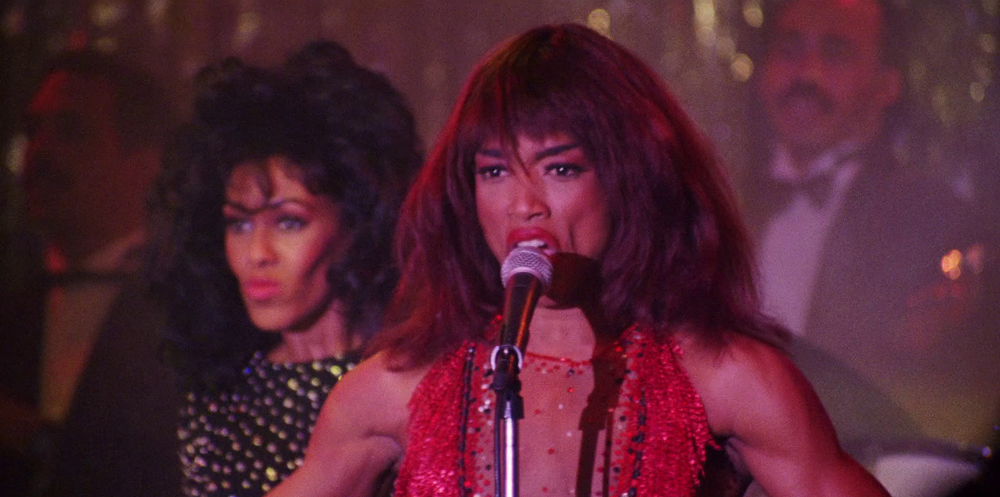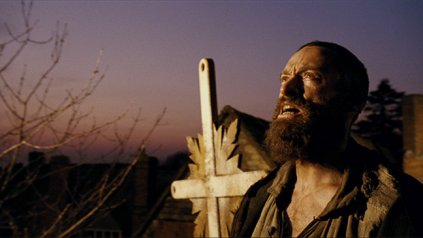
“And I want love to change my friends to enemies, change My friends to enemies, and show me how its all my fault … And I won’t let love disrupt, corrupt, or interrupt me” – Jack White in “Love Interruption”
[youtube http://www.youtube.com/watch?v=iErNRBTPbEc&w=600]
I’ve been struggling these past months, through and past Lent and into Eastertide, with what it means to love. There’s no hiddenness on the subject in Scripture–“By this we know love, that He laid down His life for us, and we ought to lay down our lives for the brothers.” This among multiple other passages.
At the same time, we live with carefully constructed fences all around us making sure no one or nothing can get in to harm us, make us uncomfortable, see us, know us. “Boundaries” are the “it girl” in healthy relationships… And while certain boundaries with certain people may be beneficial and necessary, it seems that all this boundaries-talk has also become an excuse for not truly loving those around us. (See Jeff Dunn’s magnificent article “Love Without Boundaries” on Internet Monk)
 God knows I have plenty of issues loving people. I spend the lion’s share of my time with college students who are just beginning to learn about what loving others entails, whether it be relationally, romantically, or spiritually. They look to me for wisdom. And yet, when I look deep inside at my attitudes toward others, I have to confess, it’s a dark place. At the same time, I often see a generation obsessed with self and a void in thinking of others outside of self, let alone loving them.
God knows I have plenty of issues loving people. I spend the lion’s share of my time with college students who are just beginning to learn about what loving others entails, whether it be relationally, romantically, or spiritually. They look to me for wisdom. And yet, when I look deep inside at my attitudes toward others, I have to confess, it’s a dark place. At the same time, I often see a generation obsessed with self and a void in thinking of others outside of self, let alone loving them.
Hence the Jack White lyrics above. I know the song is older but I first heard it about a month ago and became obsessed with the possible meaning. There’s no lack of opinion or interpretation online. For me it was personal – the song felt like a representation of what I was watching happen in front of me – in the “name of love.” I will love as long as it benefits ME, as long as there is no interruption or disruption.
Robert Webber in “The Divine Embrace” has a terrific section on the Desert Fathers, in which he describes self-love (narcissism) as a form of rebellion against God, therefore a form of “spiritual warfare”. I think this spiritual warfare extends into our (in)ability to love each other. The first and greatest commandment and the second like unto it are about… Love. Love God, love your neighbor. One of my girls and I talk often about what this kind of love looks like–that true love only ever happens God is its beginning and center–rather than “me” being at the center .
As a case in point, perhaps it the time for a brief review of Les Mis. I wrote about the hunger pangs our family was experiencing waiting for that movie. I’ve now seen it four times. I won’t go into the tiny details of who/what I liked or disliked. What stunned me was the raw human emotion of the characters’ faces. This is something that you can’t see from most seats during a stage production. From the crowds of the poor to the agony of Valjean.
The film inspired me to read the book. My father rebuked me for starting with the abridged so, within a few days, my bedside table was littered with four translations. After deciding on an unabridged I started the climb and am happy to report I am 3/4 of the way uphill. It’s a must read as Dr. Paul Zahl says. There are myriad images of what real love is so far beyond Marius and Cosette. The most stunning section for me – as I ponder what true love looks like – in both film and book is this:
Javert has captured a criminal he believes to be Valjean and the trial to send him to prison looms. In the novel are pages and pages of Valjean wrestling with God and with his own soul about what to do. The gist – from the musical score – is below:
“If I speak I am condemned, if I stay silent I am damned … Who am I? …. Can I condemn this man to slavery, pretend I do not feel his agony? This innocent who wears my face, who goes to judgement in my place…who am I? … Must my name until I die be no more than an alibi, must I lie? How can I face my fellow man, how can I ever face myself again…. My soul belongs to God I known, I made that bargain long ago – He gave me hope when hope was gone, He gave me strength to journey on …”
He does go and identify himself as the guilty, in order to save the man, then escapes to rescue Cosette, of course.
[youtube https://www.youtube.com/watch?v=pgrzn98QbWw&w=600]
The mirror image in the film is the beginning scene where the Bishop give Valjean the candlesticks, and he is freed from the police. He goes alone to a chapel and after more wrestling, devotes himself to God:
“Yet why did I allow that man to touch my soul and teach me love… He treated me like any other, he gave me his trust, he called me brother! My life he claims for God above… Can such things be? For I had come to hate the world, this world that always hated me… Instead he offers me my freedom, I feel my shame inside me like a knife. He told me that I have a soul, how does he know? What spirit comes to move my life? Is there another way to go?”
The earlier scene mimics the first and greatest commandment, “You shall Love the Lord your God with all your heart, and with all your soul, and with all you mind,” while the latter scene (in the film) seems to suggest the second, that “you shall love your neighbor as yourself.”
Just two tasty morsels of what love birthed from belovedness looks like. I leave you with this from Dietrich Bonhoeffer’s Life Together:
“Jesus Christ stands between the lover and the others he loves. I do not know in advance what love of others means on the basis of the general idea of love that grows out of my human desires. All of this may rather be hatred and an insidious kind of selfishness in the eyes of Christ. What love is, only Christ tells us in his Word. Contrary to all my own opinions and convictions, Jesus Christ will tell me what love toward the brethren really is. Therefore, spiritual love is bound solely to the Word of Jesus Christ.”

COMMENTS
Leave a Reply



COMMENTS
Leave a Reply













